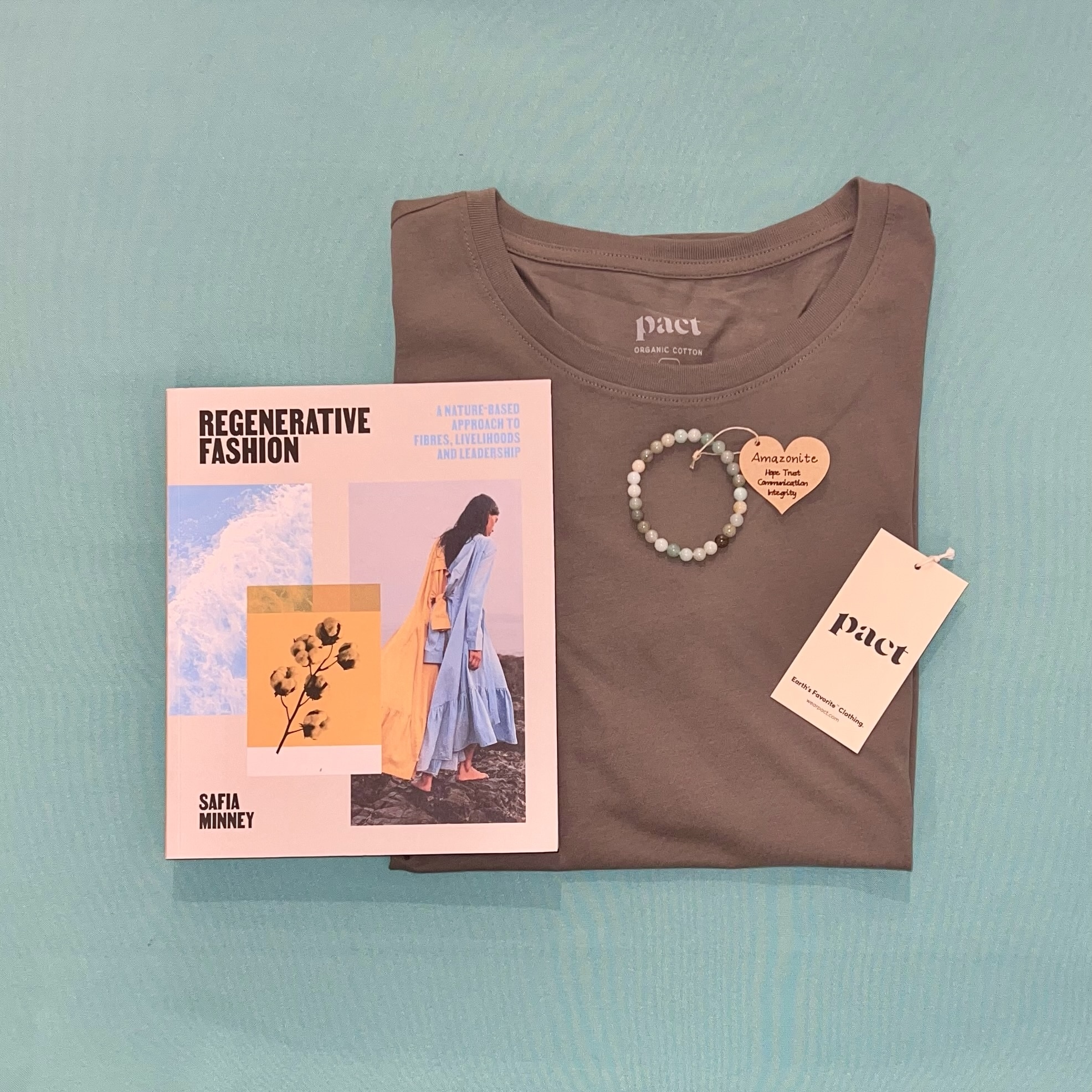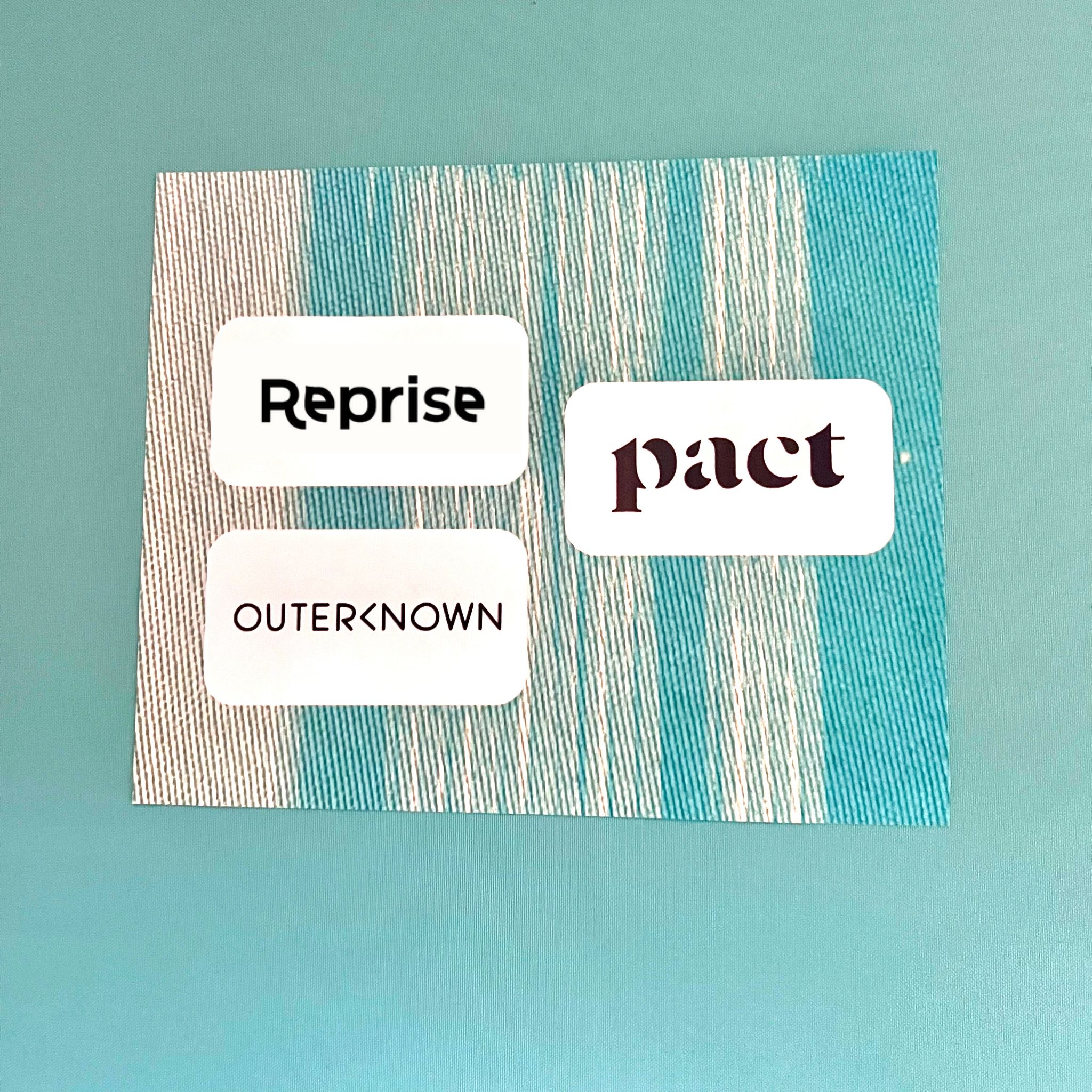
What are you wearing today? Have you thought about who made your clothes, how they were crafted, and under what conditions? Every piece has a story that begins long before it reaches a store shelf or online cart. From cotton fields to factory and shipping routes, the fashion industry leaves a big human and environmental footprint.

We live in an age of fast fashion, where brands push new styles constantly, urging us to buy more and discard clothing before it’s worn out. Each year, over 100 billion garments are made — far more than the Earth can sustain. The result? Polluted waterways, overflowing landfills, and a culture of waste.
Fast fashion is also a human rights crisis. More than 70 million garment workers — 80% women of color, face exploitation, low pay, and unsafe working conditions.
Change is possible. Our partner Remake is building a fashion movement rooted in human rights and climate justice. They educate consumers through their Wear Your Values Guide offering practical steps for aligning closets with conscience, while their Made In Films spotlights the lived realities of garment workers around the world. And partner Fashion Takes Action is driving systemic transformation through education, research, and collaboration, bringing sustainability and circularity into classrooms, boardrooms, and communities. Together, they demonstrate that the future of fashion can value people and planet over profit and trends.
As consumers, we have the power to transform fashion. Start with the Buyerarchy of Needs: use what you have, borrow, swap, thrift, repair, make, and buying new should be your last choice. Support brands that prioritize fair labor and sustainable materials to push the industry toward justice and accountability. Learn about the real impact of fast fashion and don’t be afraid to ask hard questions. Speak up, challenge harmful practices and inspire others to do the same.
Together, our choices and voices can turn fashion from a driver of harm into a force for equity, creativity, and sustainability.
RESOURCES
CHALLENGE
Globally, the average person throws away 70 pounds (about 32 kg) of clothing each year. By swapping, buying used, repairing, and upcycling, we can cut down the amount of clothing that ends up in landfills.
Does your favorite shirt tell the full story of how it was made: who sewed it, what it’s made from, and its impact on people and planet? Most labels don’t. Fast fashion hides the harm behind cheap prices and constant new trends.
Engaging with fashion brands for ethical change is a powerful way to hold companies accountable and encourage sustainable, socially responsible practices.
Hosting a clothing swap is a powerful way to reduce waste, extend the life of clothes, and bring your community into the conversation around sustainable fashion.

Each Greener Winner will receive:

Each Greenest Winner will receive a $100 gift card from one of the following brands: